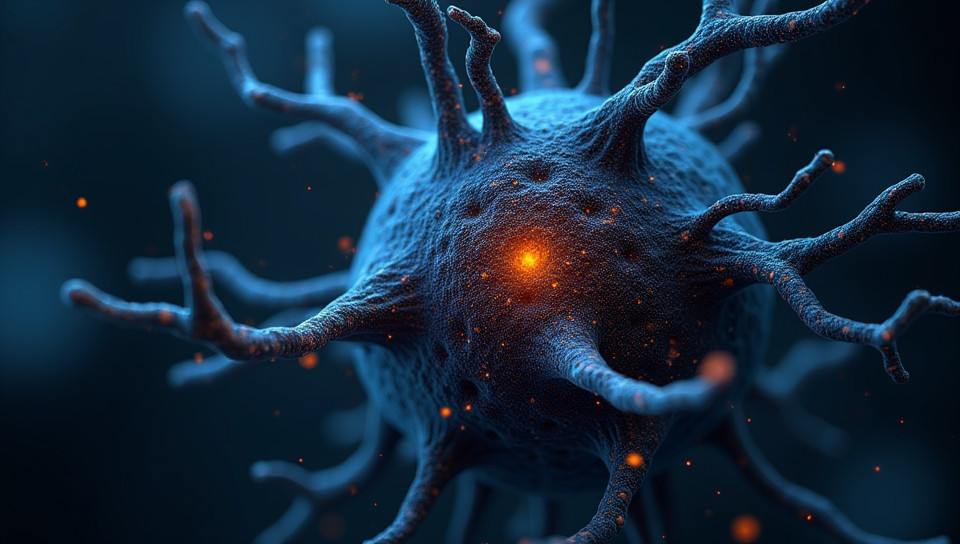More complex dendrites have no proven link to intelligence 100%

The Complexities of Dendrites: Separating Fact from Fiction
As we continue to unravel the mysteries of the human brain, one concept that has garnered significant attention is the relationship between dendrite complexity and intelligence. For years, researchers have been fascinated by the intricate networks of neurons and their branches, or dendrites, which play a crucial role in processing information. However, despite the excitement surrounding this topic, it's time to take a step back and examine the evidence: more complex dendrites may not be as directly linked to intelligence as we've been led to believe.
The Anatomy of Dendrites
Dendrites are the branching extensions of neurons that receive signals from other neurons. They come in various shapes and sizes, with some studies suggesting that their complexity is correlated with cognitive abilities such as memory and learning. However, this correlation does not necessarily imply causation.
The Limits of Current Research
While there have been numerous studies on dendrite structure and function, the majority of these investigations focus on animal models or simplified in vitro systems. These studies often rely on artificial measures of complexity, which may not accurately reflect real-world neural dynamics. Furthermore, many studies overlook the intricate interactions between neurons and their environment, which are essential for understanding the complex relationships within the brain.
The Elusive Link to Intelligence
Despite the abundance of research, a clear link between dendrite complexity and intelligence remains elusive. While some studies suggest that higher cognitive abilities may be associated with increased dendritic branching, others have found no such correlation. Moreover, even if there is a relationship, it's unclear whether this is due to a direct causal effect or an indirect consequence of other factors.
- Factors that can influence dendrite complexity:
- Age and developmental stage
- Neurological conditions (e.g., Alzheimer's disease)
- Environmental factors (e.g., exercise, nutrition)
The Importance of Context
When examining the relationship between dendrites and intelligence, it's essential to consider the complex interplay of factors that influence brain development and function. Rather than focusing solely on dendrite complexity, researchers should investigate how various environmental and genetic factors contribute to individual differences in cognitive abilities.
Conclusion
The relationship between more complex dendrites and intelligence is far from clear-cut. While intriguing research continues to shed light on the intricacies of neural networks, it's crucial to avoid oversimplifying the connection between dendrite complexity and human cognition. By acknowledging the limitations of current research and considering the broader context in which neurons operate, we can move closer to a more nuanced understanding of the intricate mechanisms underlying intelligence. Ultimately, this knowledge will empower us to develop targeted interventions that truly address the root causes of cognitive abilities, rather than relying on unproven assumptions about dendrite complexity.
- Created by: Diego Carrillo
- Created at: Nov. 14, 2024, 12:59 p.m.
- ID: 15914






